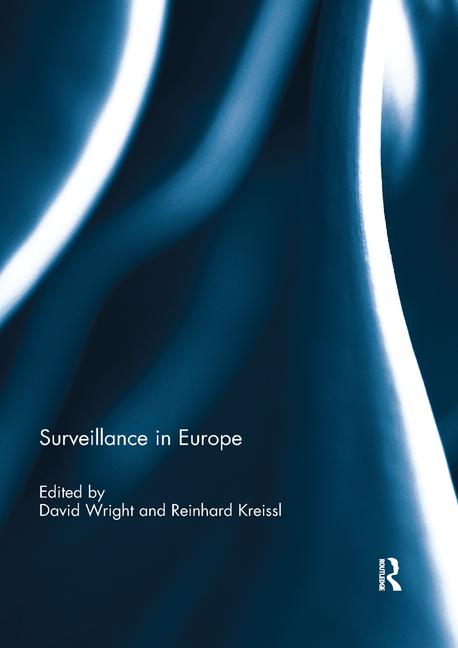Almost 9 in 10 (86 percent) of global CEOs anticipate a recession will hit in the next year, although most expect it will be minor and short-lived, according to a new KPMG survey.
The increased expectations for a recession come as the Federal Reserve and other central banks aggressively increase interest rates, fueling concerns that the monetary tightening could tip the economy into a recession.
The Fed has increased its baseline interest rate by 75 basis points three consecutive times. Fed leaders have vowed further increases to curb price growth after inflation hit a 40-year high earlier this year, warning doing so will likely require an uptick in unemployment.
The new poll found that 73 percent of CEOs believed a recession will disrupt anticipated growth. About 3 in 4 (76 percent) said they have already taken precautionary steps ahead of a recession, and 71 percent predicted it will impact company earnings by up to 10 percent.
Despite growing concerns about a recession, 71 percent expressed confidence in the global economy’s growth prospects over the next few years, a figure that rose 11 percentage points from earlier this year.
About 85 percent of respondents indicated they had confidence in their organization’s growth over the next three years, specifically.
“Once-in-a-generation issues — a global pandemic, geopolitical tensions, inflationary pressures and financial difficulties — have come in short succession and taken a toll on the optimism of global CEOs,” said Bill Thomas, KPMG’s CEO. “While it’s unsurprising the economic climate is now the top concern for business leaders, it’s reassuring to see high levels of confidence among executives in their own companies and their longer-term prospects for growth.”
The poll found that 14 percent of CEOs viewed a recession as a pressing concern, up from 9 percent earlier this year. Pandemic fatigue, which was cited by 15 percent of respondents, topped the list.
While current uncertainty is driving CEOs to continue to prioritize digital transformation, 40 percent of businesses have paused their digital transformation strategies and another 37 percent plan to take such steps in the next six months.
Digitalization and business connectivity
In the longer-term, more than a quarter believe that advancing digitalization and business connectivity is also vital to achieving growth objectives over the next 3 years. Seventy-four percent also agree that their organization’s digital and Environmental, Social and Governance (ESG) strategic investments are inextricably linked.
“The events of recent years have created real turbulence for the business community,” said Thomas. “Our findings should provide some cautious optimism that, in contending with and overcoming these ordeals, executives are emerging more confident in their companies’ resilience and hopefully the markets will follow suit, mitigating some of the greater uncertainties we’ve all felt.”
The poll asked 1,325 CEOs about their plans and expectations between July 12 and Aug. 24. The survey interviewed leaders of the world’s largest businesses from eleven key markets such as Australia, Canada, China, France, Germany, India, Italy, Japan, Spain, the United Kingdom and United States. All respondents’ companies have annual revenue above $500 million.
The complete KPMG 2022 CEO Outlook can be downloaded here.

.jpg?height=200&t=1655162774&width=200)




